
Monotax O 100 Dry Syrup
Manufacturer
Zydus Healthcare Limited
Salt Composition
Cefpodoxime Proxetil (100mg/5ml)
Key Information
Short Description
Monotax O 100 Dry Syrup is an antibiotic medicine used to treat a wide range of bacterial infections in children, including ear, eye, nose, throat, lung, skin, gastrointestinal tract, and urinary tract infections, as well as typhoid fever.
Dosage Form
Oral Suspension
Introduction
Monotax O 100 Dry Syrup is an antibiotic medicine commonly given to children for the treatment of a wide range of bacterial infections. It is effective in treating infections targeting the ears, eyes, nose, throat, lungs, skin, gastrointestinal tract, and urinary tract. It is also used to treat typhoid fever in children and adolescents.
Directions for Use
Give this medicine with food to avoid an upset stomach. Encourage your child to drink plenty of water in case diarrhea develops as a side effect.
How it works
Monotax O 100 Dry Syrup is an antibiotic that works by preventing the formation of the bacterial protective covering (cell wall) which is essential for the survival of the bacteria. By doing so, this medicine stops the infection-causing bacteria from growing further and prevents the infection from spreading without making the bacteria resistant to further treatment.
Quick Tips
Your child must complete the entire course of antibiotics. Stopping too soon may cause the bacteria to multiply again or become resistant or cause another infection. Give this medicine with food to avoid an upset stomach. Encourage your child to drink plenty of water in case diarrhea develops as a side effect. Conditions like common cold and flu are caused by viruses. Never use this medicine for such conditions. Only give Monotax O 100 Dry Syrup to your child for their current infection. Never save medicine for future illnesses.
Related Medicines
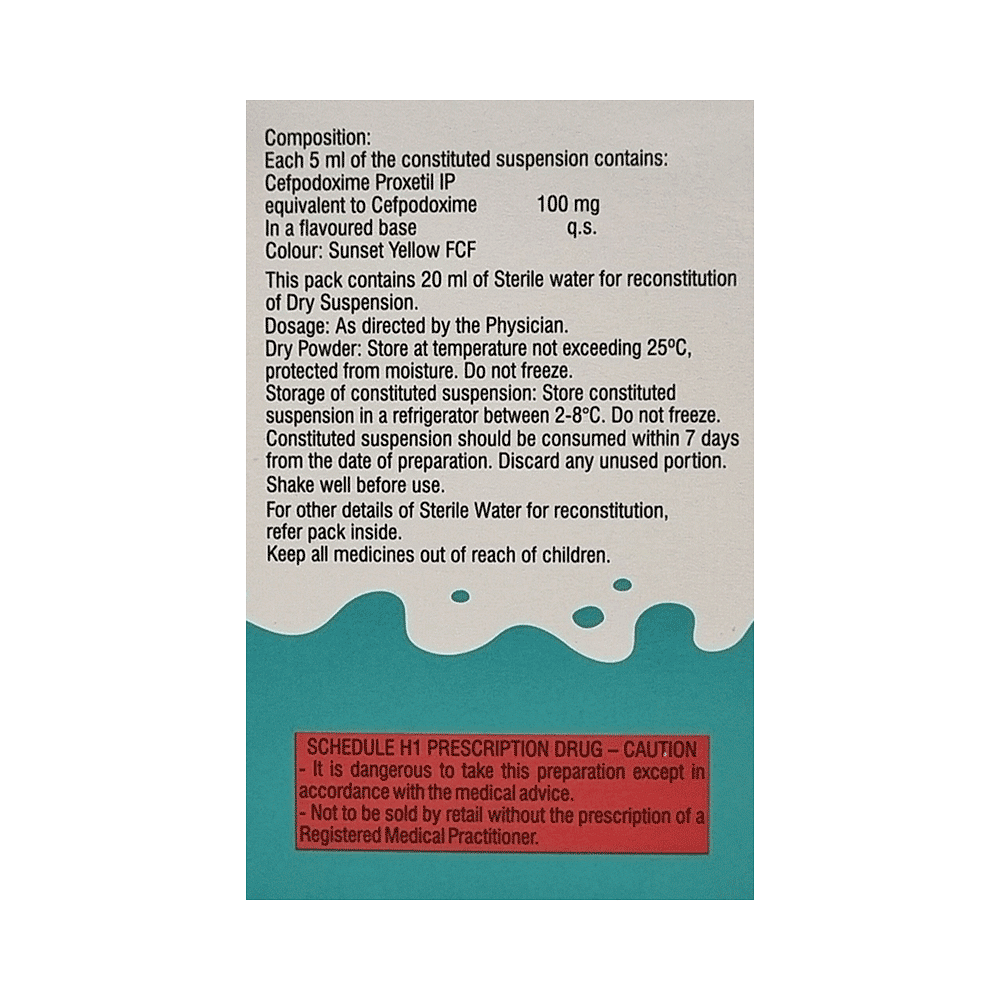
Cepodem 100 Dry Suspension
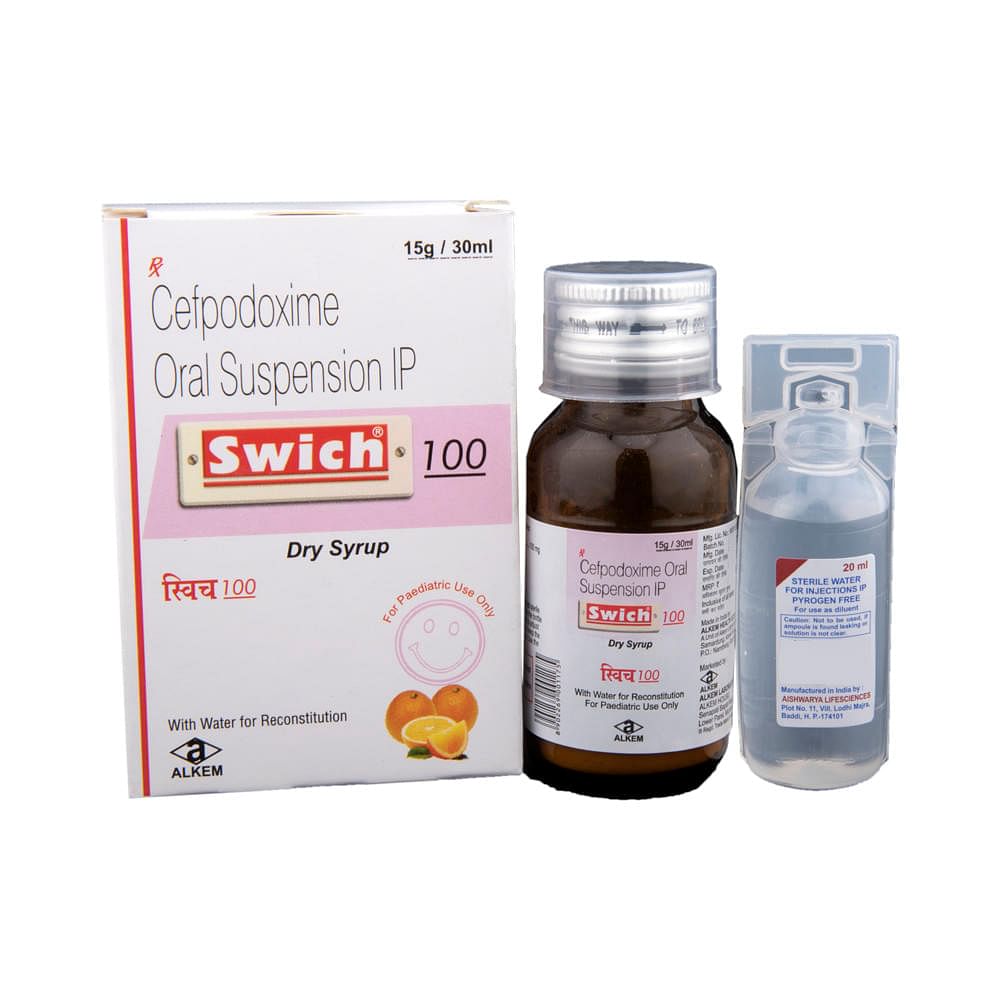
Swich 100 Dry Syrup
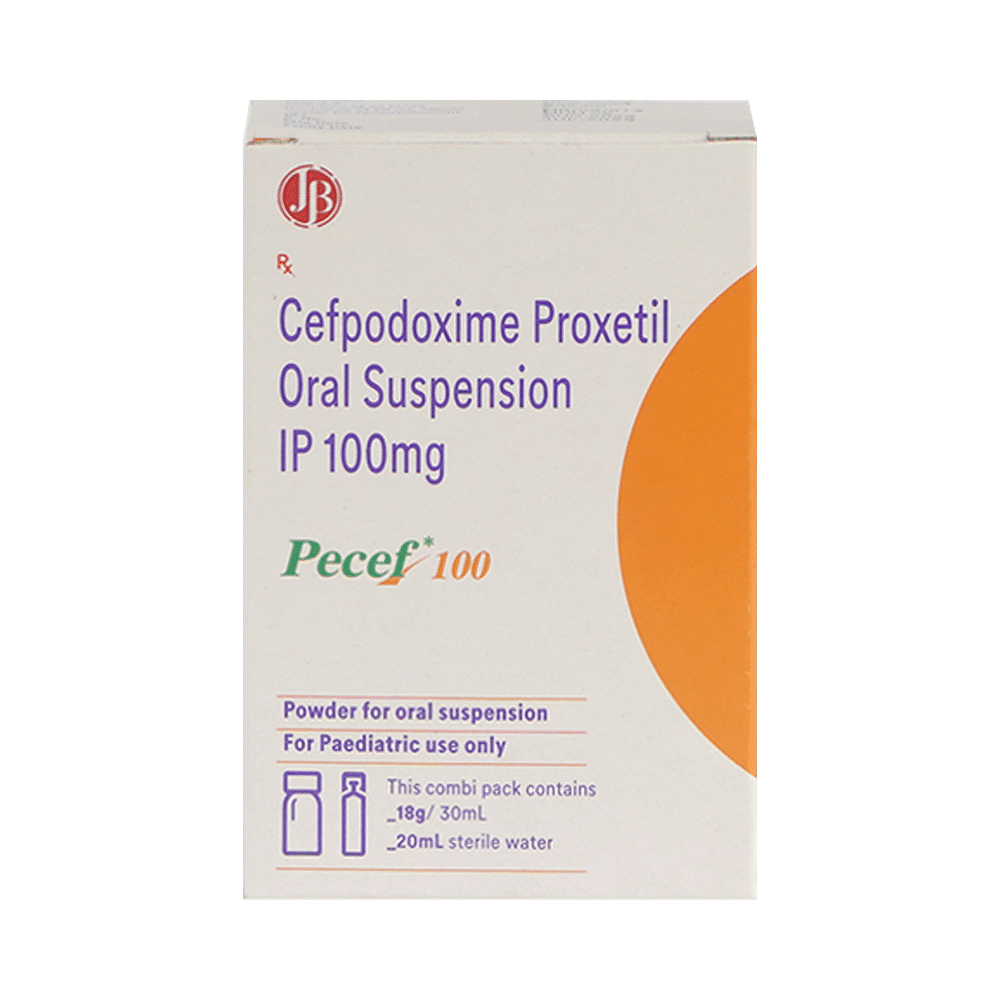
Pecef 100 Powder For Oral Suspension
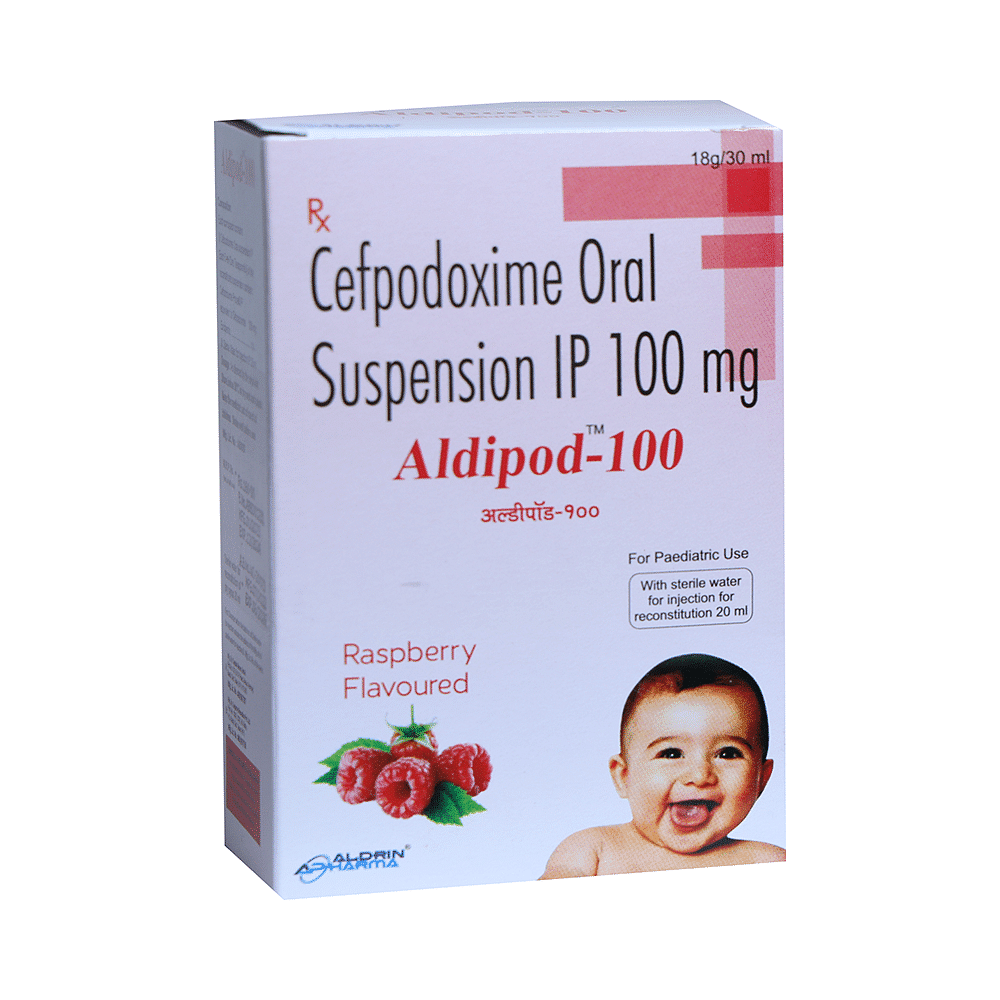
Aldipod 100 Oral Suspension Raspberry

Miocef 100 Dry Syrup

Cefnocef 100 Oral Suspension
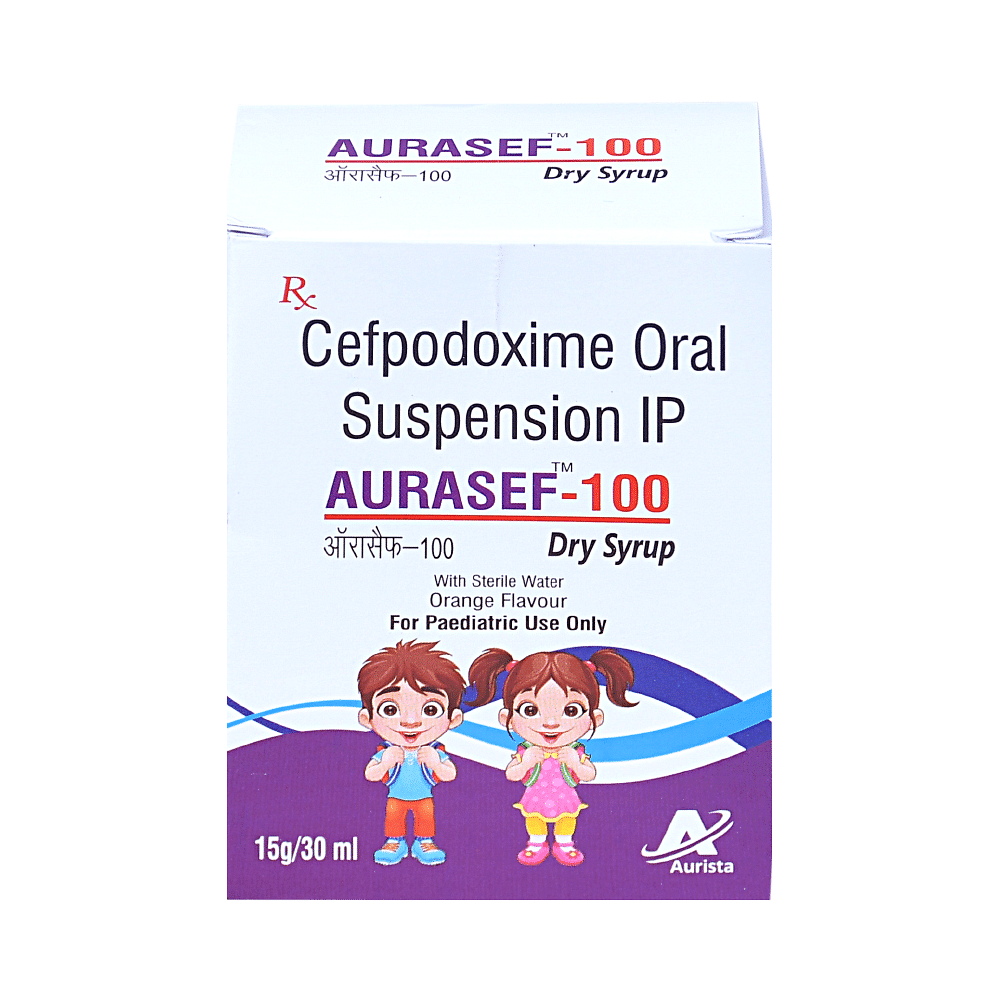
Aurasef 100 Dry Syrup

Dalwopod 100 Dry Syrup

Dopox 100 Dry Syrup

Foxypod Duo 100mg Dry Syrup
Frequently asked questions
What if I give too much of Monotax O 100 Dry Syrup by mistake?
Giving a larger dose of Monotax O 100 Dry Syrup is unlikely to cause significant harm. If you believe your child has taken an extra dose, contact a doctor immediately. This could lead to unwanted side effects and worsen the condition.
Are there any possible serious side effects of Monotax O 100 Dry Syrup?
Serious potential side effects include persistent vomiting, kidney damage, allergic reactions, diarrhea, and severe gastrointestinal infections. For instance, if a child experiences these effects, they should immediately seek medical attention.
Can other medicines be given at the same time as Monotax O 100 Dry Syrup?
Combining Monotax O 100 Dry Syrup with other medications may lead to interactions. Discuss all medications your child is taking before starting Monotax O 100 Dry Syrup, and seek guidance from a doctor for best practices.
Can I get my child vaccinated while on treatment with Monotax O 100 Dry Syrup?
Antibiotics typically have little to no impact on vaccines or cause negative reactions in children who recently received them. However, it's important to avoid vaccination until your child has recovered fully from the illness before starting any new medication.
Which lab tests may my child undergo while taking Monotax O 100 Dry Syrup on a long-term basis?
To monitor your child's overall health, kidney function and liver function tests may be ordered periodically while on long-term treatment with Monotax O 100 Dry Syrup.
The mucus coming out of my child’s nose is yellow-green. Is it a sign of a bacterial infection?
Yellow or green nasal discharge often does not indicate the need for antibiotics, especially during a common cold. During colds, mucus thickens and changes color as symptoms progress. Generally, these symptoms should resolve within 7 to 10 days.
My child is having a sore throat and ear infection. Can I give antibiotics?
No. Most sore throats and ear infections are caused by viruses and antibiotics are not the right treatment for them. If your child has any symptoms of a virus, such as pain, a runny nose, or a barking cough, it is best to consult with their doctor.
Does a common cold caused by viruses always result in a secondary bacterial infection? When to start an antibiotic to prevent infection?
Viral infections generally do not cause secondary bacterial infections. Using antibiotics for viral infections is not advisable and may lead to side effects without benefiting the child's health. Always consult with your doctor about the proper course of treatment.
Can Monotax O 100 Dry Syrup impact my child’s digestive system?
Children can have a sensitive stomach, and this is especially true when taking antibiotics. Antibiotics may kill off beneficial bacteria in the gut, further increasing the risk of infections. If your child develops diarrhea on Monotax O 100 Dry Syrup, it's crucial to contact their doctor to understand the next steps. The doctor may adjust the dosage.
Can Monotax O 100 Dry Syrup lead to bacterial resistance in my child?
Yes, the misuse of antibiotics or incorrect usage can contribute to resistance, leading to bacteria that no longer respond to antibiotics. This makes infections harder to treat and may require stronger medications.


